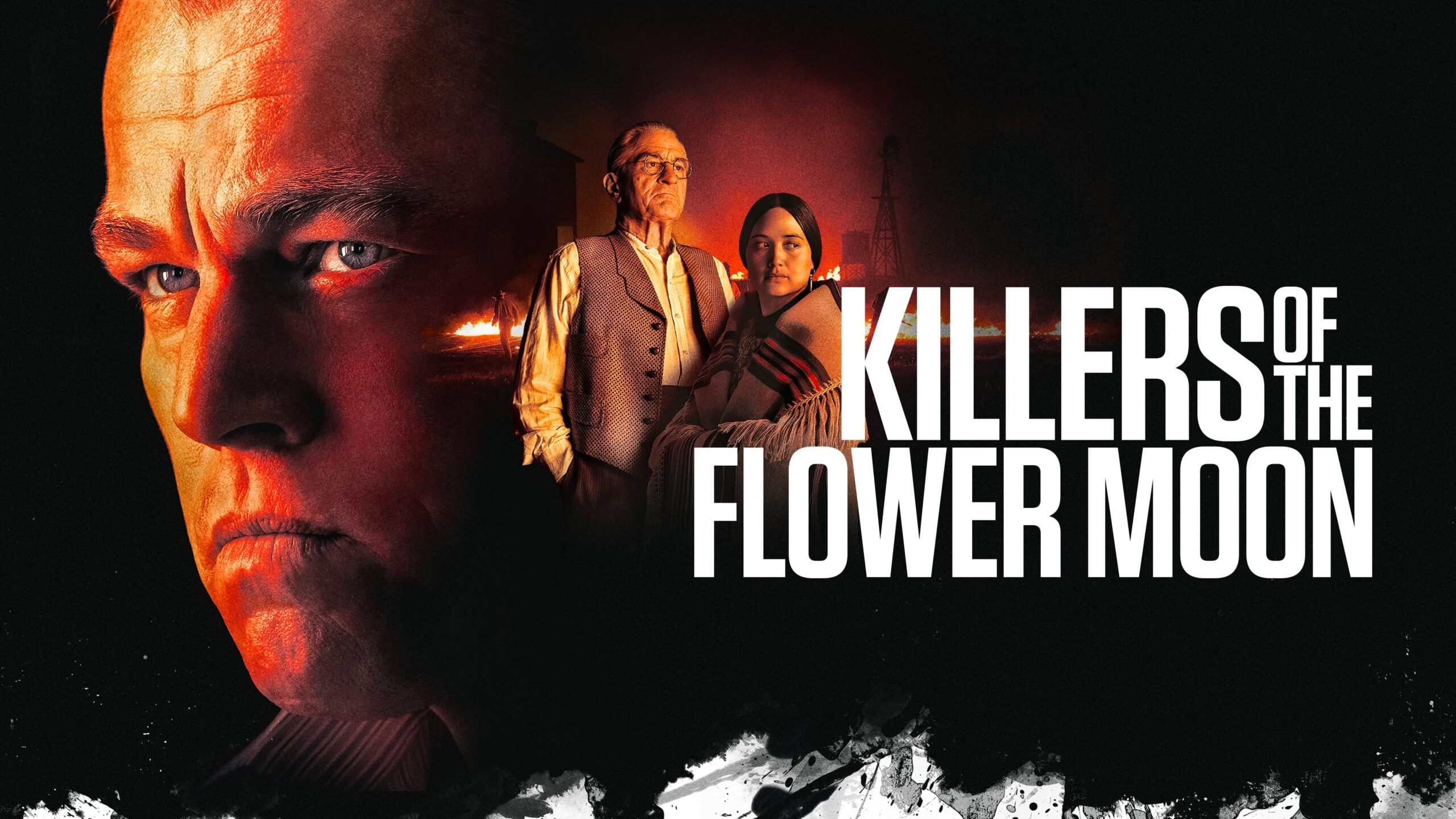Pharaoh – A Cinematic Journey into Power and Legacy
Pharaoh is a striking historical epic that explores the complexities of leadership, tradition, and sacrifice in ancient Egypt. Directed by Jerzy Kawalerowicz and based on the novel by Bolesław Prus, the film was originally released in 1966 and stands as one of Poland's most ambitious cinematic undertakings. Set during the reign of Ramses XIII, Pharaoh delves deeply into the tensions between political reform and the entrenched authority of the priesthood, all while painting a vivid portrait of one of history’s most enigmatic civilizations.
The narrative follows Ramses XIII, a young and idealistic ruler who ascends to the throne determined to implement changes for the betterment of his people. However, he quickly finds himself entangled in the web of power wielded by the religious elite. The conflict between the king and the priests becomes the heart of the story, illustrating the timeless struggle between secular ambition and spiritual authority. As Ramses tries to reduce the overwhelming influence of the priesthood, he is faced with betrayals, conspiracies, and the burdens of leadership. Ultimately, his attempts at reform are thwarted, emphasizing the tragic nature of visionary leadership crushed by systemic resistance.
Visually, Pharaoh is a masterpiece. The film is known for its elaborate sets, authentic costumes, and a meticulous dedication to historical detail. Kawalerowicz employed thousands of extras and filmed on location in Egypt, which adds an immersive authenticity to the experience. The cinematography, handled by Jerzy Wójcik, captures the vastness of the desert, the majesty of the Nile, and the grandeur of palaces and temples. Every frame is composed with the precision of a painting, reinforcing the mythic aura of the era while grounding it in realism.

Thematically, the film explores the cost of power, the manipulation of religion, and the loneliness of leadership. Ramses XIII is portrayed not only as a ruler but as a man caught in the impossible task of challenging centuries-old institutions. His gradual transformation—from a determined reformer to a disillusioned ruler—adds emotional depth to the political drama. The priests, far from being mere villains, are presented as protectors of tradition, creating a morally complex dynamic that avoids simple black-and-white storytelling.
Despite its historical setting, Pharaoh carries a strong political subtext. Released during a time when Poland was under communist rule, the film subtly comments on the nature of power and the dangers of authoritarian control. It was critically acclaimed for its bold themes and artistic ambition, and it received an Academy Award nomination for Best Foreign Language Film in 1967.

In conclusion, Pharaoh is not just a historical film; it is a profound exploration of the intersection between ideology, power, and human frailty. With its compelling narrative, extraordinary visuals, and philosophical undercurrents, the film remains a landmark in world cinema. It challenges audiences to reflect on the cyclical nature of history and the enduring conflict between progress and tradition.



-1751858002-q80.webp)